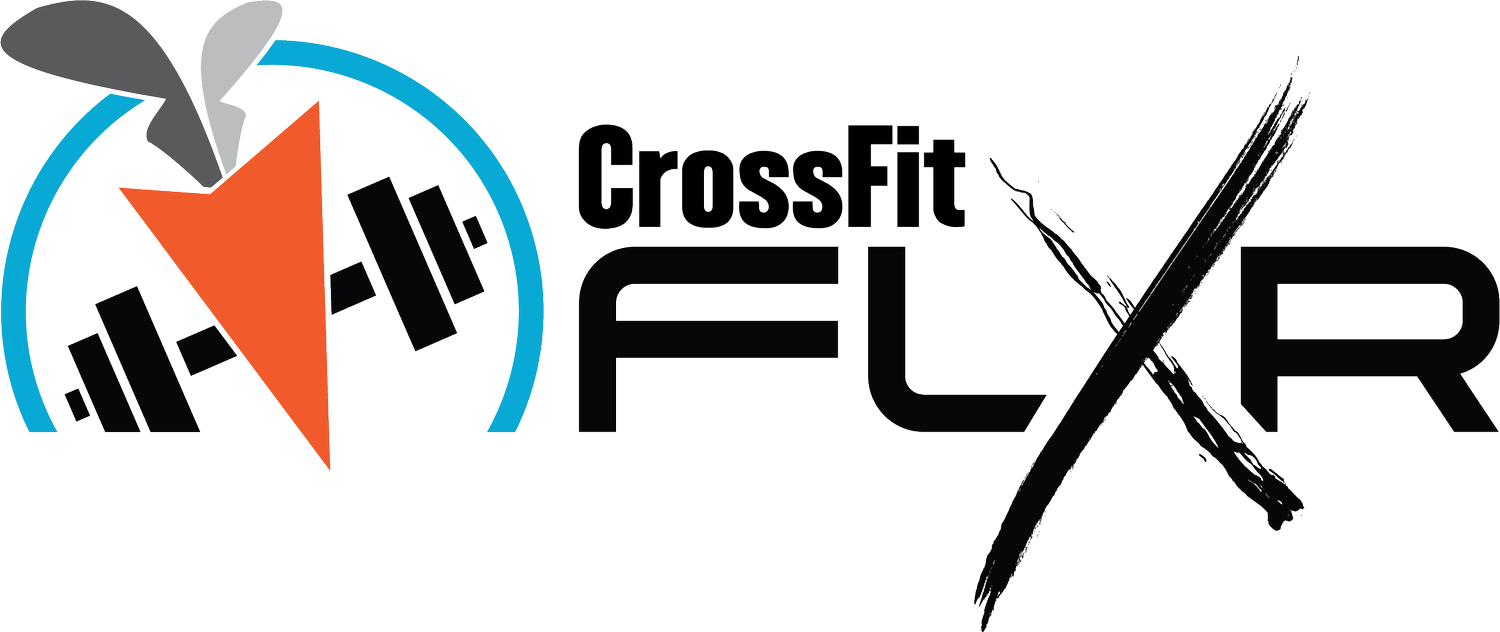We Don’t Apologize About Nutrition
Are you an athlete — who comes to the gym consistently and gives it everything you have in class — then feels frustrated you aren’t making progress. You are stuck at a certain weight, you aren’t getting faster, and everyone around you seems to be getting stronger, fitter, and faster.
How’s your nutrition?
“Eat meat and vegetables, nuts and seeds,
some fruit, little starch, and no sugar.
Keep intake to levels that will
support exercise but not body fat.”
You “look” healthy and are not visibly overweight, but you know something’s up. What do you eat, how much, and do you weigh and measure your intake?
What you eat is spot on. However, weighing and measuring food has always been a challenge or even an afterthought.
The next step in this conversation will be tricky, but CrossFit doesn’t apologize about nutrition, and neither do we. Your nutritional choices are getting in the way of your results.
This may be really tough for some members to hear, especially when they think they are doing everything right; they’re paying attention to their diet, making hard choices in the kitchen, and aren’t “cheating.”
However, getting quality right is only one part of the equation. Quantity and macronutrient ratios matter a lot and are often the part of our nutrition recommendation that gets missed: “Keep intake to levels that will support exercise but not body fat.” This is a hard and fast rule. No excuses. No apologies. This conviction is not meant to discourage you them but to help you buy in and commit to the process.
So, if you are an athlete who wants to optimize your results, its time to quantify what you’re eating with greater precision and accuracy. They need to do this:
Resist the temptation to try and fix it all right away. You may know what you need to do, but it’s easier said than done. Instead, check out a few nutrition resources like, CrossFit FLxR’s personalized nutrition coaching, or CrossFit’s nutrition course, this video on weighing and measuring, and this video on implementing quality and quantity. You can check out nutrition apps like MyFitnessPal for tracking and understanding your food intake.
We recommend keeping it simple with a balanced macronutrient approach that is 40% carbohydrate, 30% protein, and 30% fat. This approach will educate athletes on what foods fit in with certain macronutrients and allow for adjustments to easily be made in the future. The quantity a person should consume is based on an individual’s body weight and activity level, that’s where our personalized nutrition coaching comes in. Or, if you want to avoid math, you can start with a baseline of 2,500 calories for men and 2,000 calories for women and implement 40-30-30 from there. What matters most is not the specific number — it’s that the athlete just gets started weighing and measuring!
If you’d like to take a deep dive into food quantity, book a nutrition consult here.


